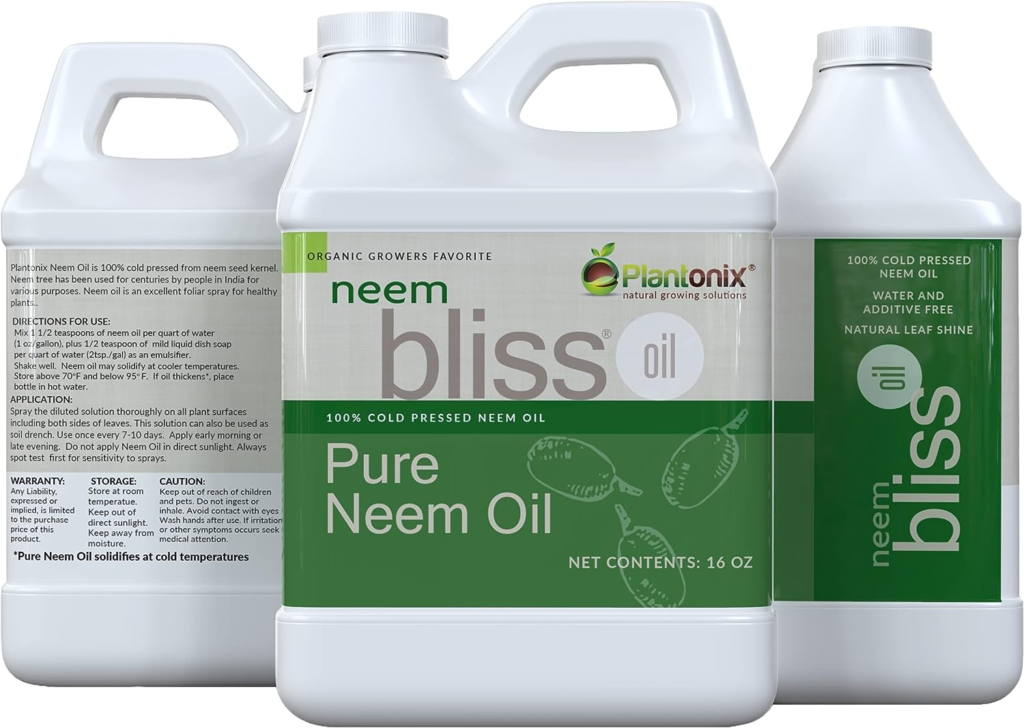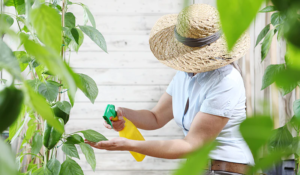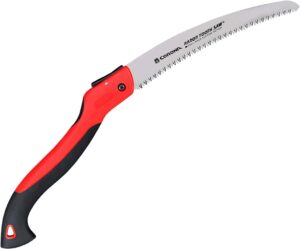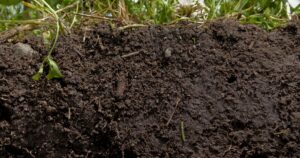Aphidoidea, also known as aphids, are tiny bugs that can have a big effect on your garden. These small, sap-sucking bugs can cause your plants to become weak and change shape. They can also make a sticky substance that causes sooty moulds. Some types of aphids can even spread plant viruses. But it’s not all bad news. Aphids are also an important food source for many animals. Knowing about aphids and how to manage them is important for keeping your garden healthy.

The Impact of Aphids on Your Garden
Aphids can cause several problems in your garden:
- Draining Nutrients: Aphids can suck nutrients from plants, causing the leaves to turn yellow or change color, and the plant to decay or even die.
- Changing Growth: Aphids can cause leaves, buds, and flowers to change shape and can also stunt growth.
- Spreading Diseases: Aphids can spread plant diseases. The viruses they spread while they suck sap from the plant can cause molting, yellowing, or reduced yield in various vegetables and ornamental plants.
- Causing Fungal Growth: Aphids make a sticky substance called honeydew, which can attract the growth of black sooty moulds.
- Attracting Unwanted Insects: The honeydew made by aphids can also attract ants and other unwanted insects.
- Damaging Fruit: Aphids can damage developing fruit.
- Causing Gall Formation: Some aphids can infect plants with gall-forming toxins.

These problems make aphids a big pest in gardens and fields. Regular checks and early action are key to managing aphids in your garden.
Natural Aphid Control Methods
There are several natural ways to control aphids in your garden:
- Water Spray: The safest way to get rid of aphids is to physically remove them from the leaves. Use a strong spray of water from the hose, especially on the underside of leaves where aphids often stay.
- Dish Soap Mix: You can make a homemade bug-killing soap. Mix a few drops of dish soap with water and spray it on the plants. The soap dissolves the protective outer layer of aphids and other soft-bodied insects, causing them to dry out.
- Neem Oil: Neem oil is a natural pesticide that can be used to control aphids. It disrupts the growth and reproduction of aphids.
- Beneficial Insects: Introduce beneficial insects, such as ladybugs and lacewings, into your garden. These insects are natural predators of aphids.
- Companion Planting: Plant garlic, onions, or other strong-smelling plants alongside susceptible plants. These can help deter aphids.
- Hand Removal: If the infestation is not too large, aphids can be removed by hand. Use a piece of tape to remove aphid eggs from the undersides of leaves.

Remember, a few aphids won’t harm your plants, but a larger infestation can cause damage. Regular checks and early action are key to managing aphids in your garden.
While aphids can be a big challenge, understanding their behavior and using effective control measures can help ensure that your garden stays healthy and thriving. Remember, the key to successful aphid management is regular checks and early action. Happy gardening!





